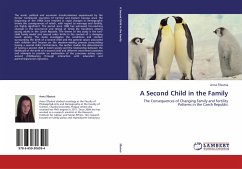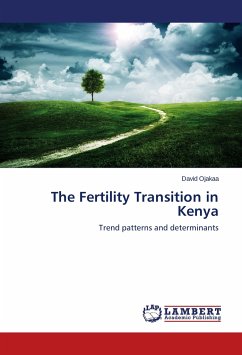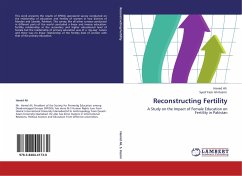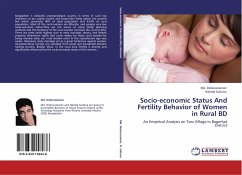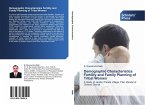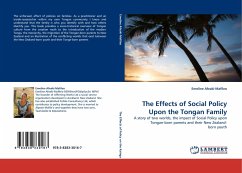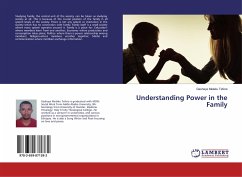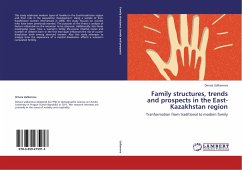The social, political and economic transformations experienced by the former Communist countries of Central and Eastern Europe since the beginning of the 1990s have resulted in rapid changes in demographic trends the consequences of which, with regard to marriage and fertility, are highly significant. The period since 1990 has witnessed far-reaching changes in the occurrence and timing of family life transitions among young adults in the Czech Republic. The theme of this study is the two-child family model and second order births in the context of a changing Czech society. The study investigates the conditions and context surrounding the birth of a second child and the general values associated with children and focuses on the decision-making process surrounding having a second child. Furthermore, the author studies the determinants of having a second child in Czech society and the relationship between the likelihood of the birth of a second child and different micro-level covariates and attempts to provide an explanation of the processes acting upon second childbearing through interaction with education and partnerships/union dynamics.
Bitte wählen Sie Ihr Anliegen aus.
Rechnungen
Retourenschein anfordern
Bestellstatus
Storno

